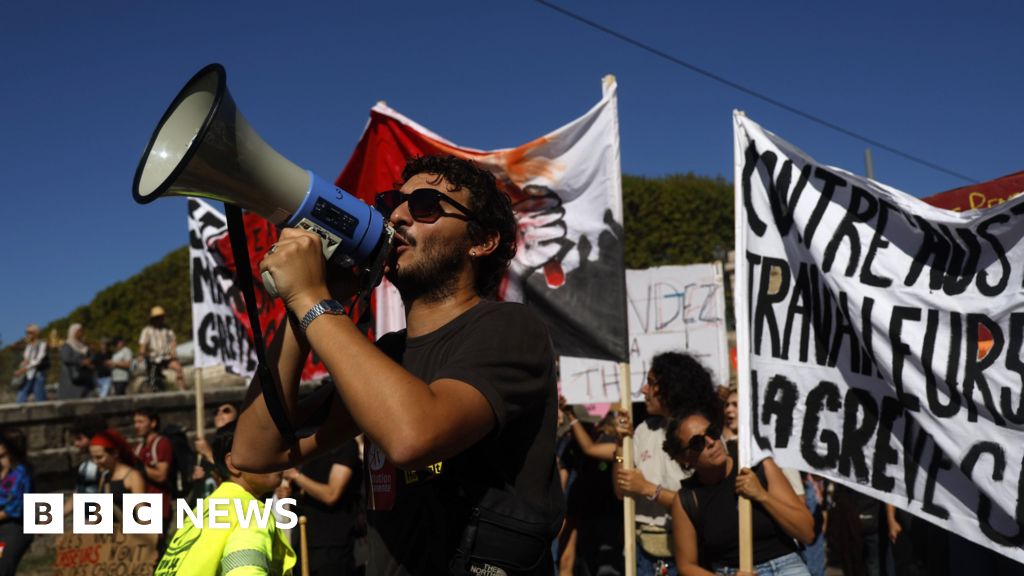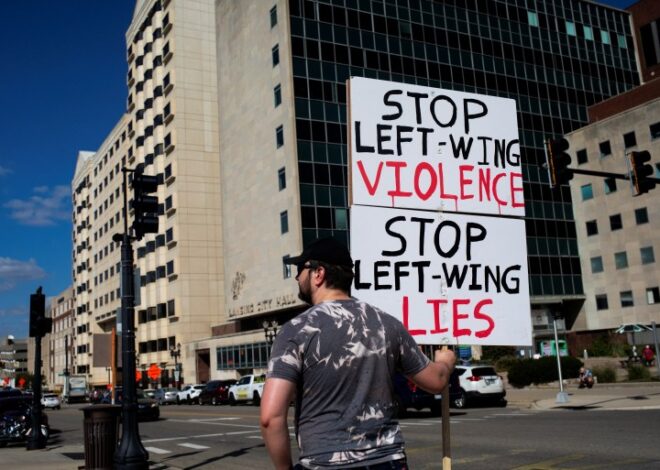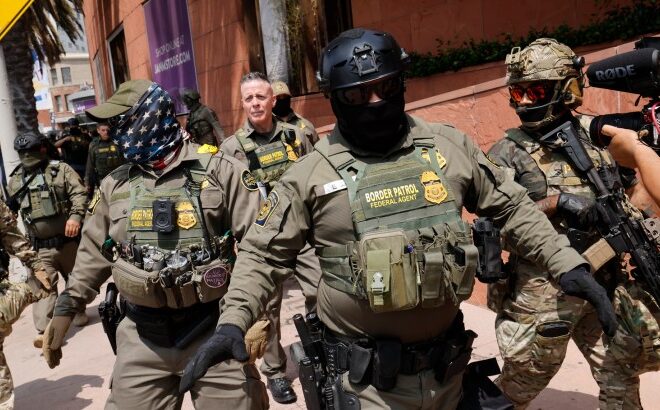
Workers across France strike over budget cut plans

Workers Across France Strike Against Budget Cut Plans
On Thursday, France witnessed widespread labor strikes as trade unions mobilized workers to protest against proposed budget cuts. An estimated 800,000 individuals are expected to participate in demonstrations nationwide, according to the interior ministry, which anticipates attendance figures ranging from 600,000 to 900,000. In response to the anticipated unrest, authorities have deployed 80,000 police officers across the country to maintain order.
Scuffles and Police Response
As protests unfolded, reports emerged of scuffles in cities such as Lyon and Nantes. In these instances, police resorted to using tear gas to disperse the crowds. The strikes and protests are particularly significant given their timing, occurring just a week after the appointment of Sébastien Lecornu as the new Prime Minister, succeeding François Bayrou, who was ousted following a failed confidence vote in the National Assembly.
Disruptions Across Public Transport
The impact of the strikes was felt across various sectors, with public transportation experiencing significant disruptions. Many metro lines in Paris were shut down, and protesters effectively blocked roads and streets in major urban areas. In addition to transport disruptions, students gathered outside schools and universities, blocking entrances and chanting slogans in solidarity with the striking workers. Approximately one-third of teachers participated in the walkout, further amplifying the protests’ impact on the education sector.
Pharmacists Join the Strike
The strike action extended to the pharmaceutical sector, with an overwhelming 98% of pharmacies expected to remain closed. Workers and unions are demanding increased funding for public services, higher taxes on the wealthy, and the cancellation of budget cuts proposed by the previous government. Sophie Binet, the leader of the General Confederation of Labour (CGT), one of France’s major trade unions, emphasized the need for collective action, stating, “We need to be out in force, that’s how we gather strength to keep fighting… to force the government and the employers to put an end to policies that only serve the richest.”
Government’s Stance and Arrests
Bruno Retailleau, the outgoing interior minister, reported that by mid-morning on Thursday, 58 individuals had been arrested across France. He expressed a firm stance against the protests, stating, “We will be uncompromising and relentless,” and instructed police to make arrests at the first sign of disorder. In contrast, Jean-Luc Mélenchon, the leader of the radical left party France Unbowed (LFI), urged participants to maintain discipline, warning that any acts of violence would only benefit the government.
Concerns Over Violence
Prior to the protests, Laurent Nunez, the Paris prosecutor, voiced concerns that far-left groups might derail the demonstrations. He advised businesses in the city center to close for the day to avoid potential conflicts. The current unrest follows a previous demonstration organized by the grassroots movement Bloquons Tout (Let’s Block Everything), which saw around 200,000 participants and caused notable disruptions across the country.
Background on Budget Cuts
The protests are primarily a reaction to the budget proposal put forth by former Prime Minister François Bayrou, which aimed to reduce France’s substantial public debt through €44 billion (approximately £38 billion) in cuts. This proposal was met with widespread disapproval, leading to Bayrou’s downfall in a confidence vote where political parties across the spectrum united against him.
New Prime Minister Sébastien Lecornu, who is still in the process of forming his ministerial team, has not entirely dismissed the proposed cuts and has engaged in discussions with opposition parties to seek a compromise on the budget. Lecornu’s position is precarious; he inherits a hung parliament characterized by three distinct political blocs with divergent views, complicating efforts to craft a budget that will satisfy a majority of lawmakers.
Ongoing Financial Challenges
France is grappling with a significant public debt burden, amounting to nearly €50,000 per citizen. The previous administrations under Bayrou and Michel Barnier faced similar challenges, as their proposed budgets also included substantial cuts, prompting calls from leftist politicians for increased taxation instead. The current climate reflects a critical juncture for the French government as it seeks to navigate fiscal responsibility while addressing public concerns over social services and economic equity.
Conclusion
The strikes across France serve as a powerful reminder of the ongoing tensions between the government and various sectors of society regarding fiscal policy and public spending. As the new administration under Prime Minister Sébastien Lecornu grapples with these challenges, the response from workers and unions indicates a strong commitment to advocating for their rights and interests in the face of proposed austerity measures.
Key Facts
– Approximately 800,000 workers are expected to participate in strikes across France.
– The interior ministry anticipates attendance figures between 600,000 and 900,000.
– Public transport disruptions were significant, with many metro lines in Paris shut down.
– 98% of pharmacies are expected to remain closed due to the strike.
– A total of 58 arrests were reported by mid-morning on Thursday.
– The protests are a response to a proposed €44 billion budget cut plan by former Prime Minister François Bayrou.
Source: www.bbc.com


